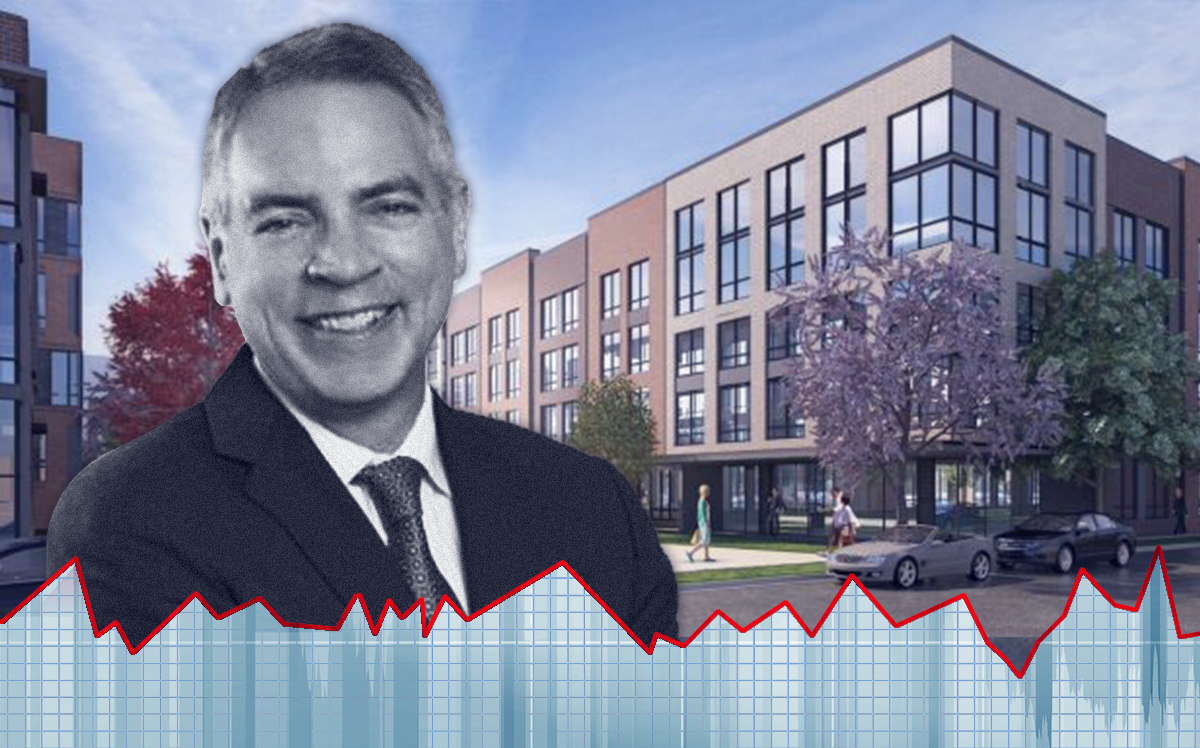Trending
Chicago lags behind other big cities in Opportunity Zones projects
Investors are looking to other metro areas where investment may be less risky and whose neighborhoods have already gentrified

Opportunity Zone investment in Chicago has lagged far behind other big cities.
The federal tax incentive program established 8,700 designated Opportunity Zones across the U.S. The program used 2010 census data so it includes formerly blighted neighborhoods that have since experienced gentrification, like Houston and Portland.
Meanwhile, most of Chicago’s 135 Opportunity Zones are located in distressed areas on the South and West Sides, including Englewood and Auburn Gresham, according to Crain’s. That has kept investors from plowing into projects despite recent updated federal regulations that that cleared up many questions.
Comparing property sales in Opportunity Zones between 2018 and 2019, Chicago ranked No. 29, with about $952 million, according to Crain’s. Meanwhile, New York ranked first, with more than $15.8 billion.
Chicago experienced a 39 percent increase in sales in 2019 compared to 2018, but other markets — like Miami — have seen three or four times more transaction volume during over the two-year period, according to the report.
Chicago Community Loan Fund COO Bob Tucker told Crain’s that “many investors recognize Chicago is probably at a slight disadvantage compared to some other communities across the nation.”
A potential solution could be partnerships with local banks and corporations that also want to take advantage of the program.
One major project underway in a Chicago Opportunity Zone is the $200 million mixed-use development in North Lawndale, to be called Ogden Commons. Habitat Company is teaming with Chicago Housing Authority, Sinai Health System and Cinespace Film Studios to build 300 residential units along with commercial space.
Last month, the Treasury Department launched an investigation to determine whether the Opportunity Zone program is fulfilling its intended purpose of helping low-income communities, or if it’s mostly just a windfall for the wealthy.
[Crain’s] — Brianna Kelly




